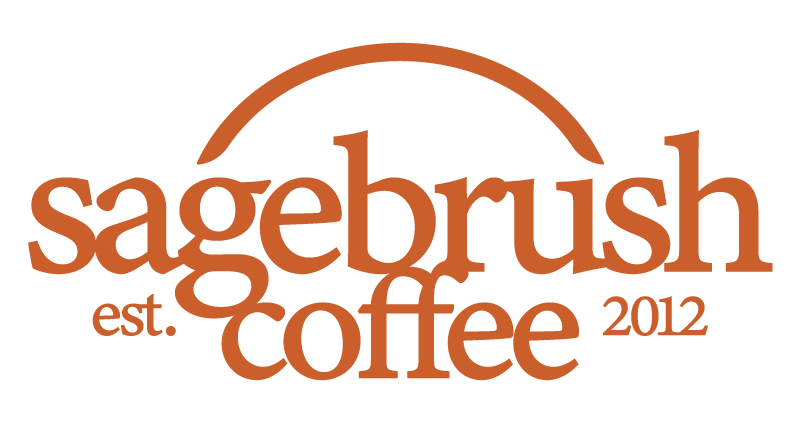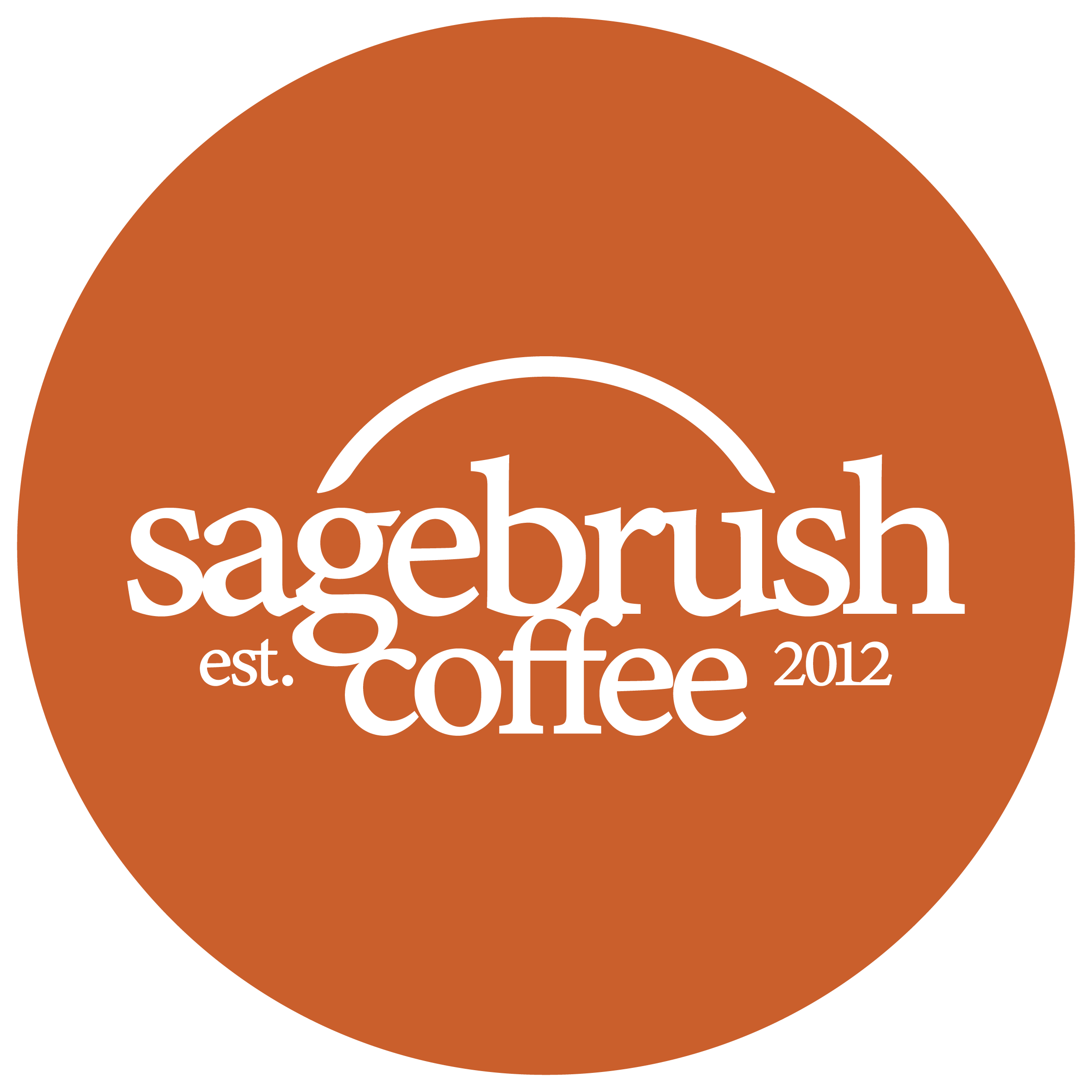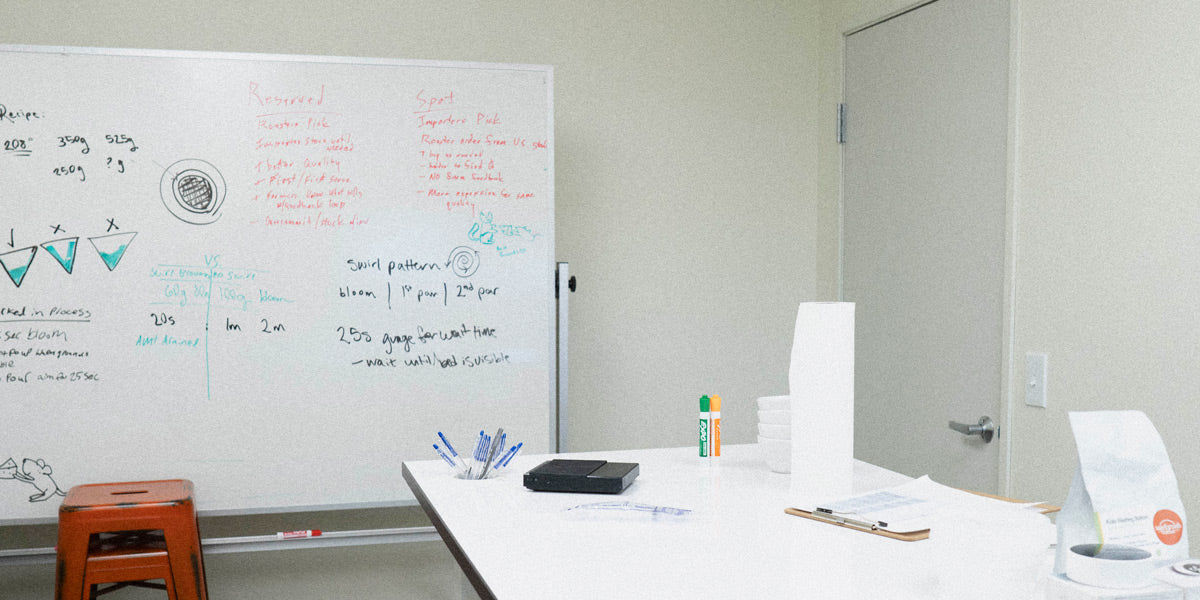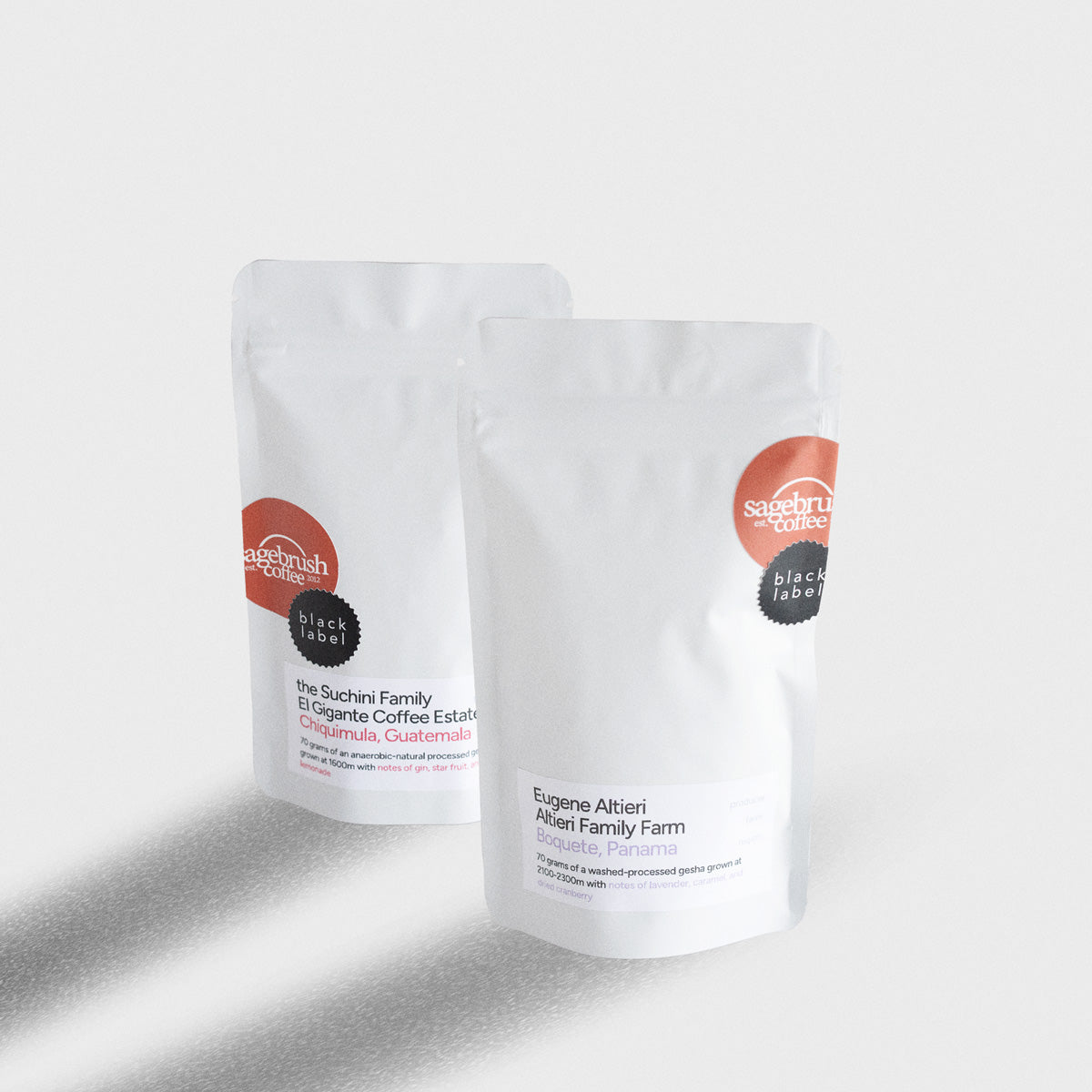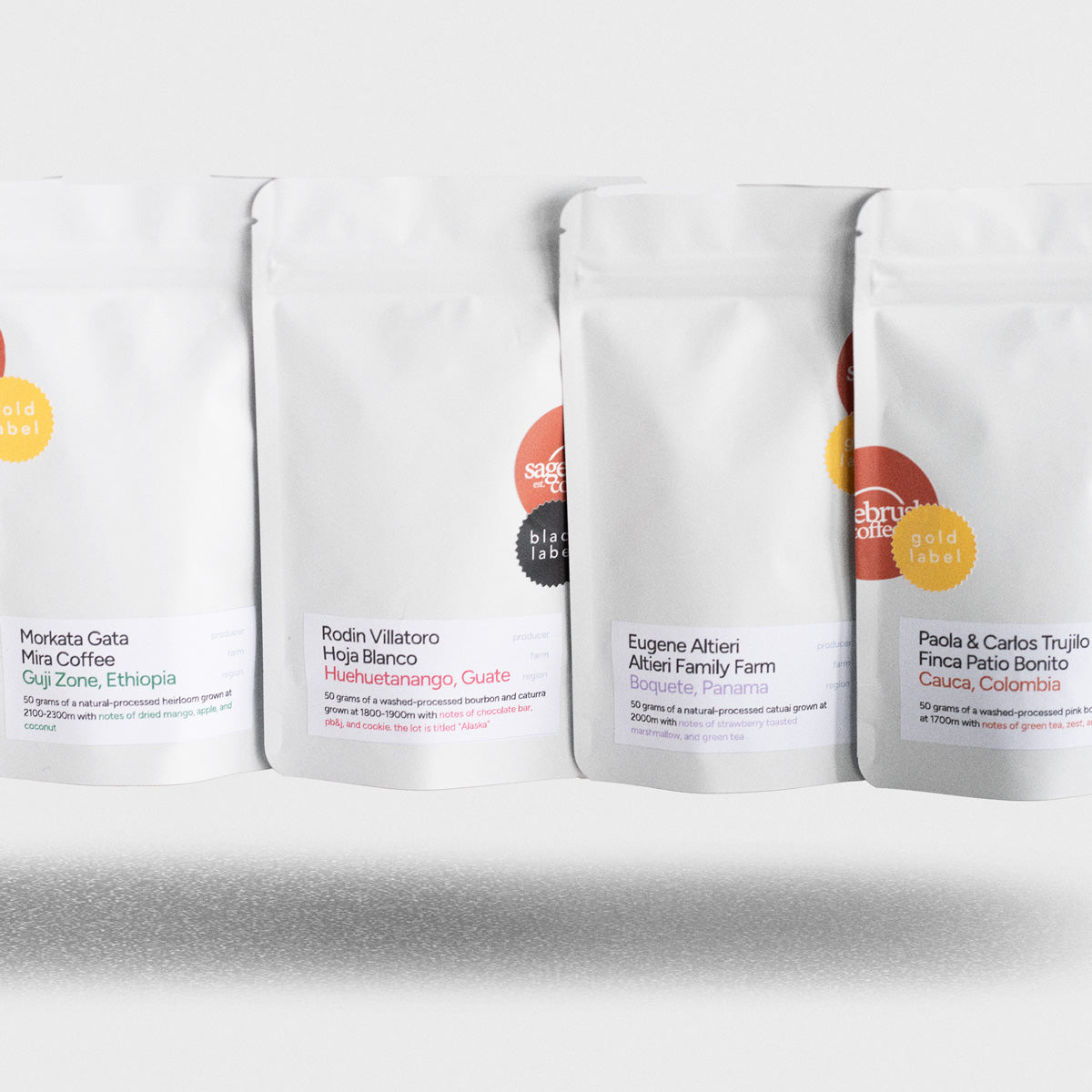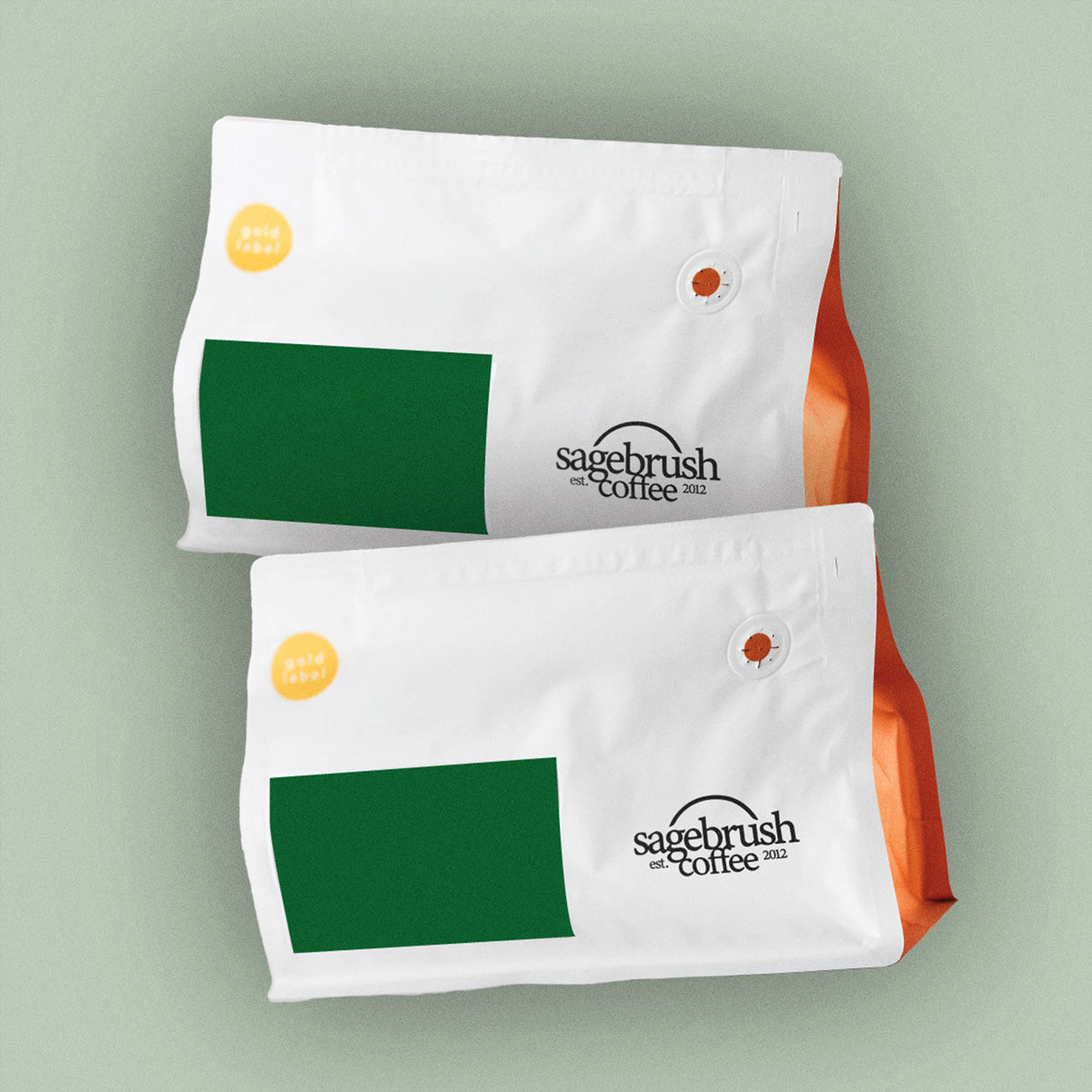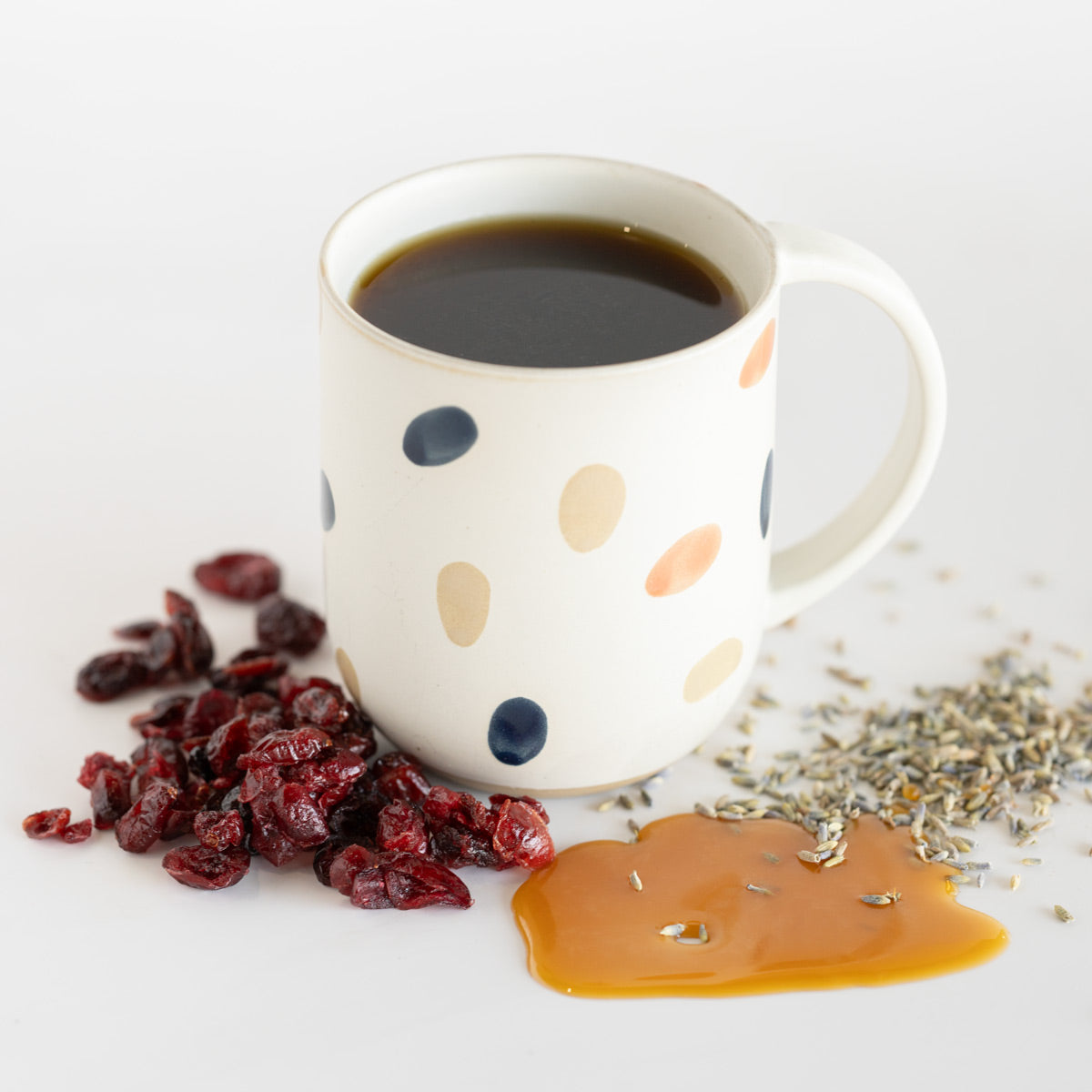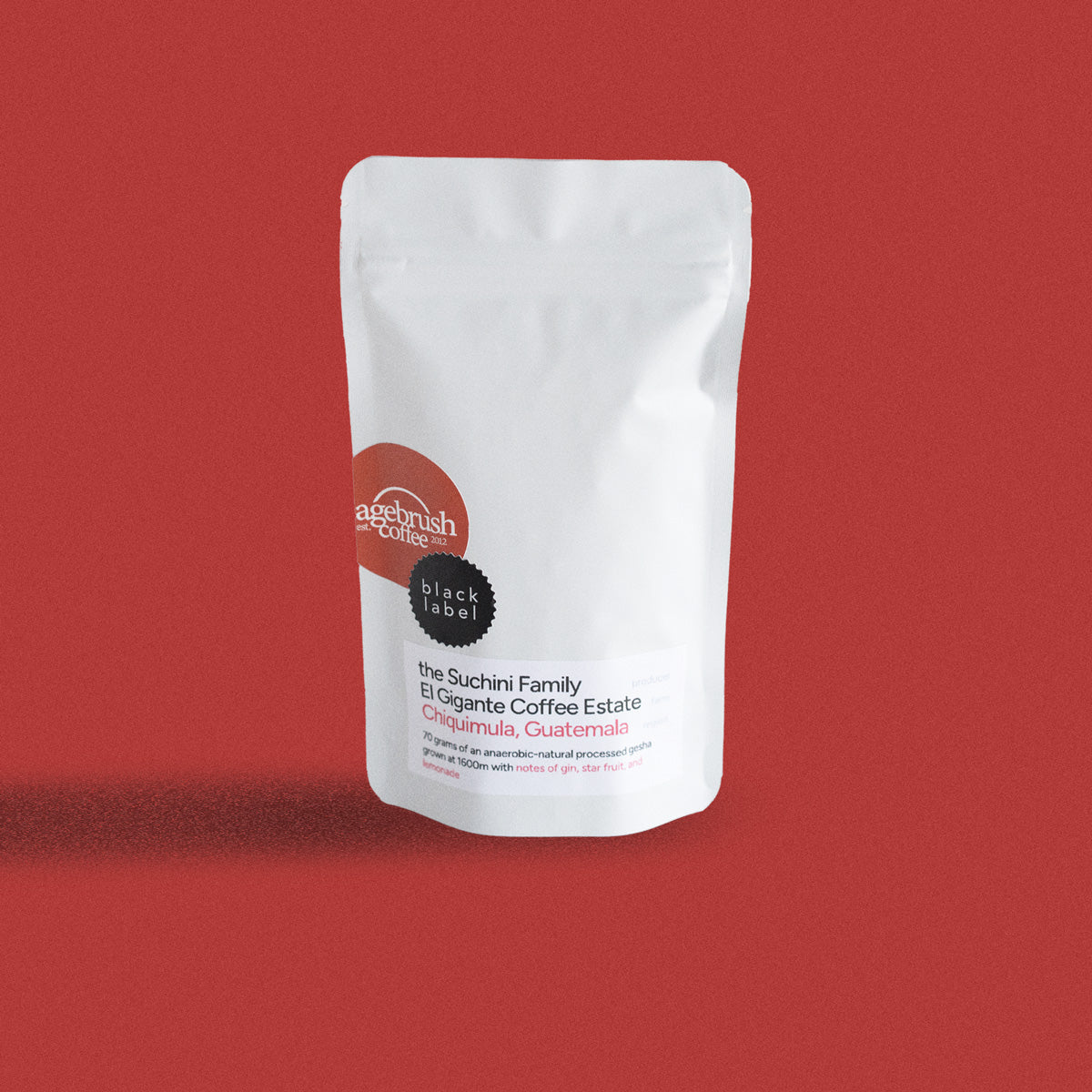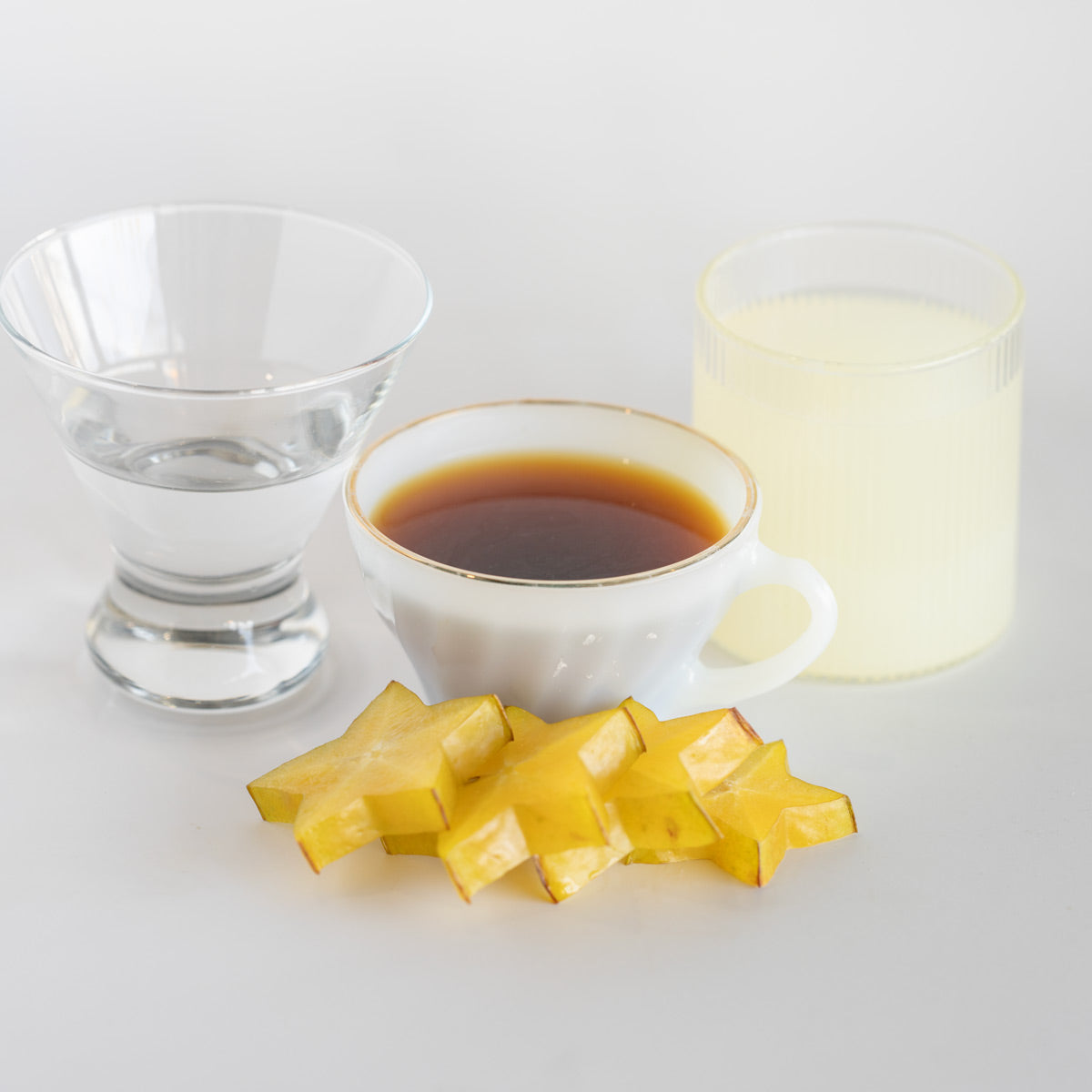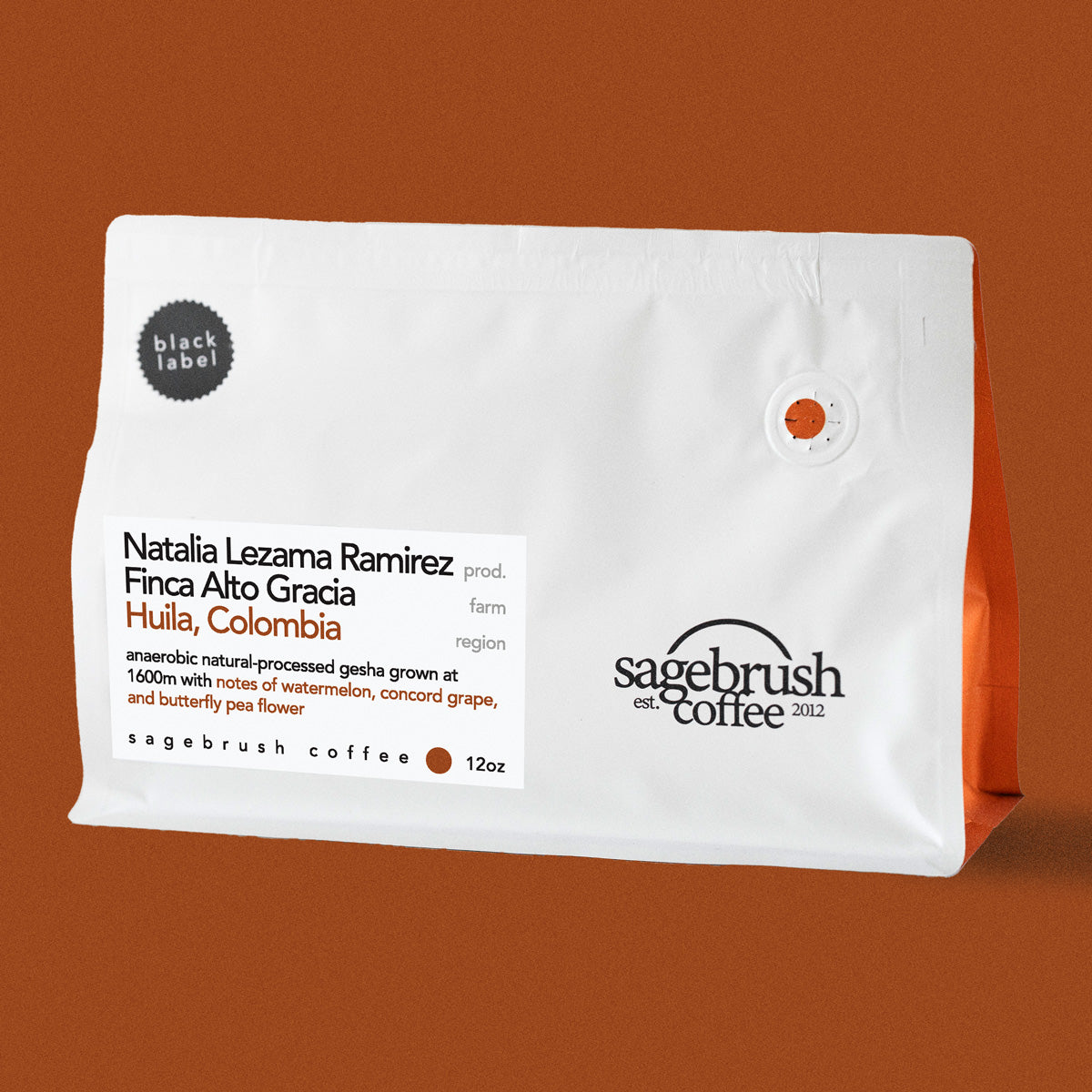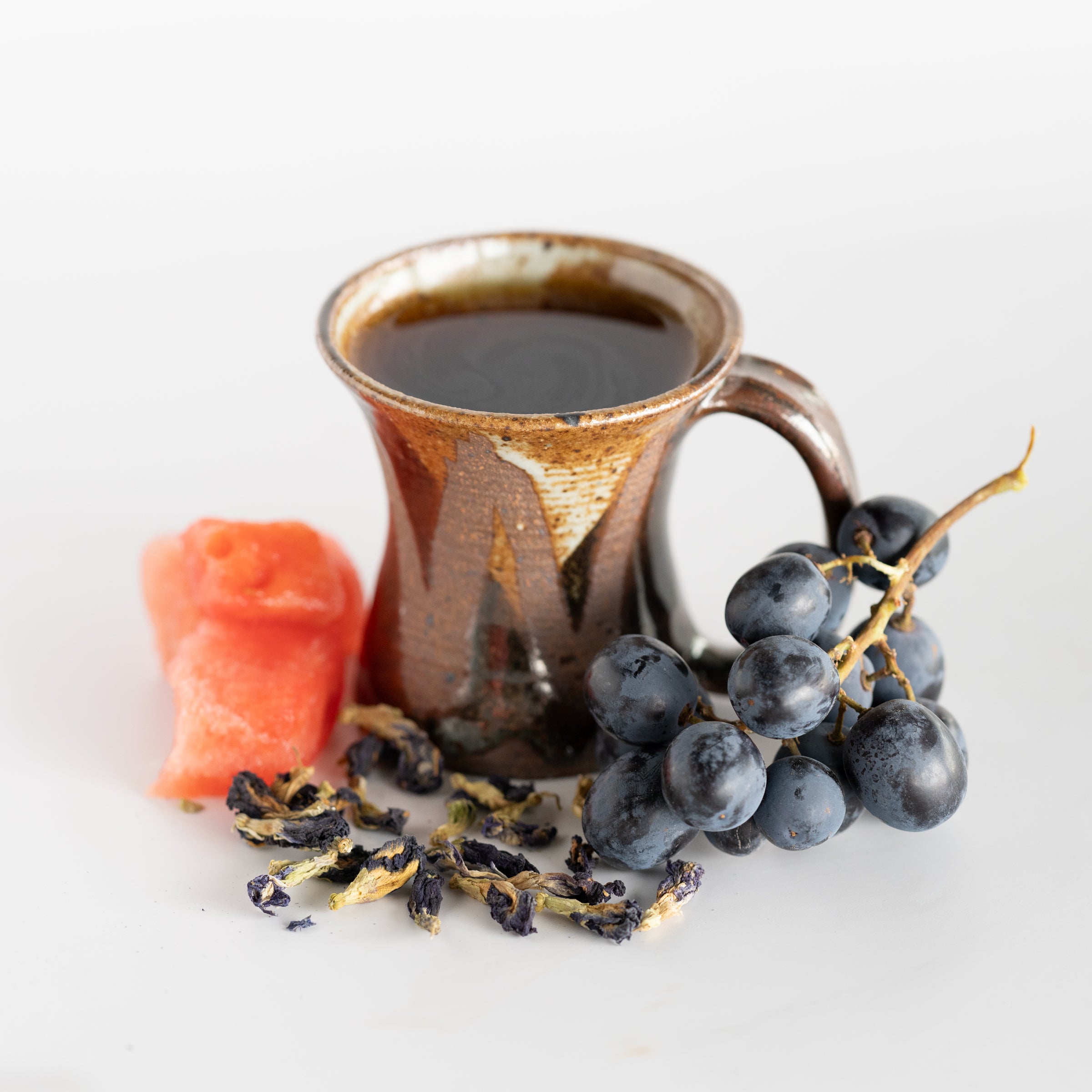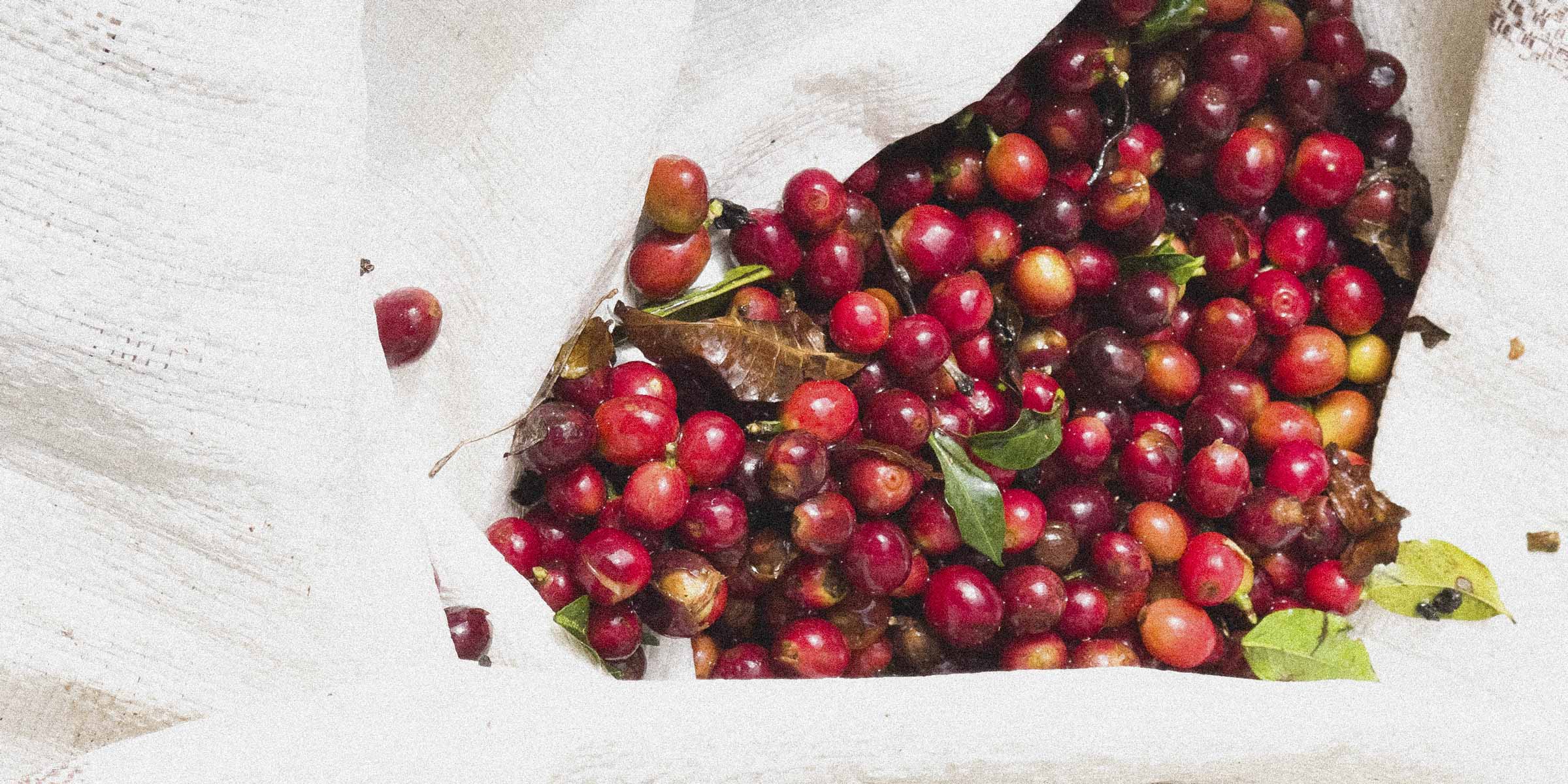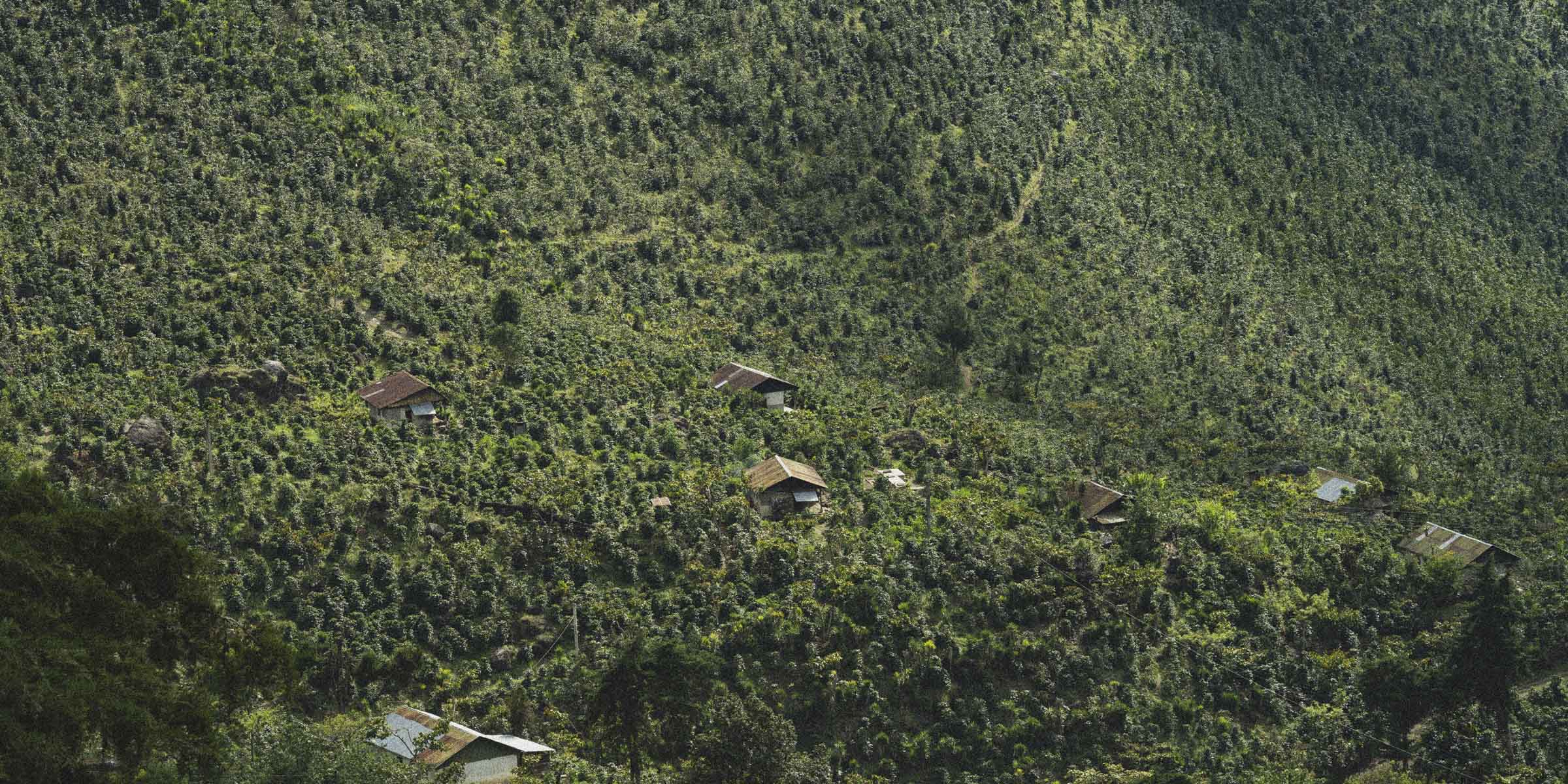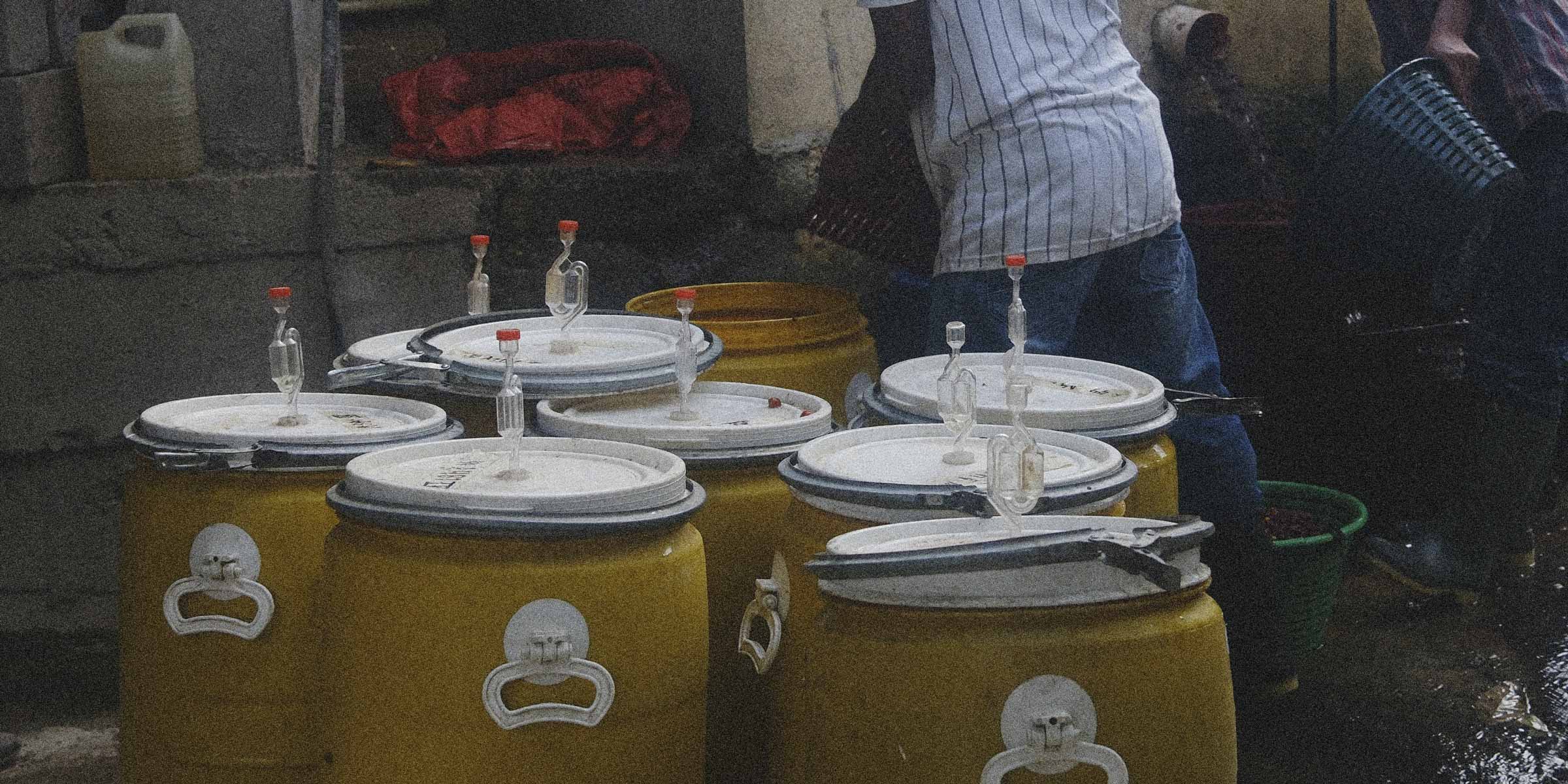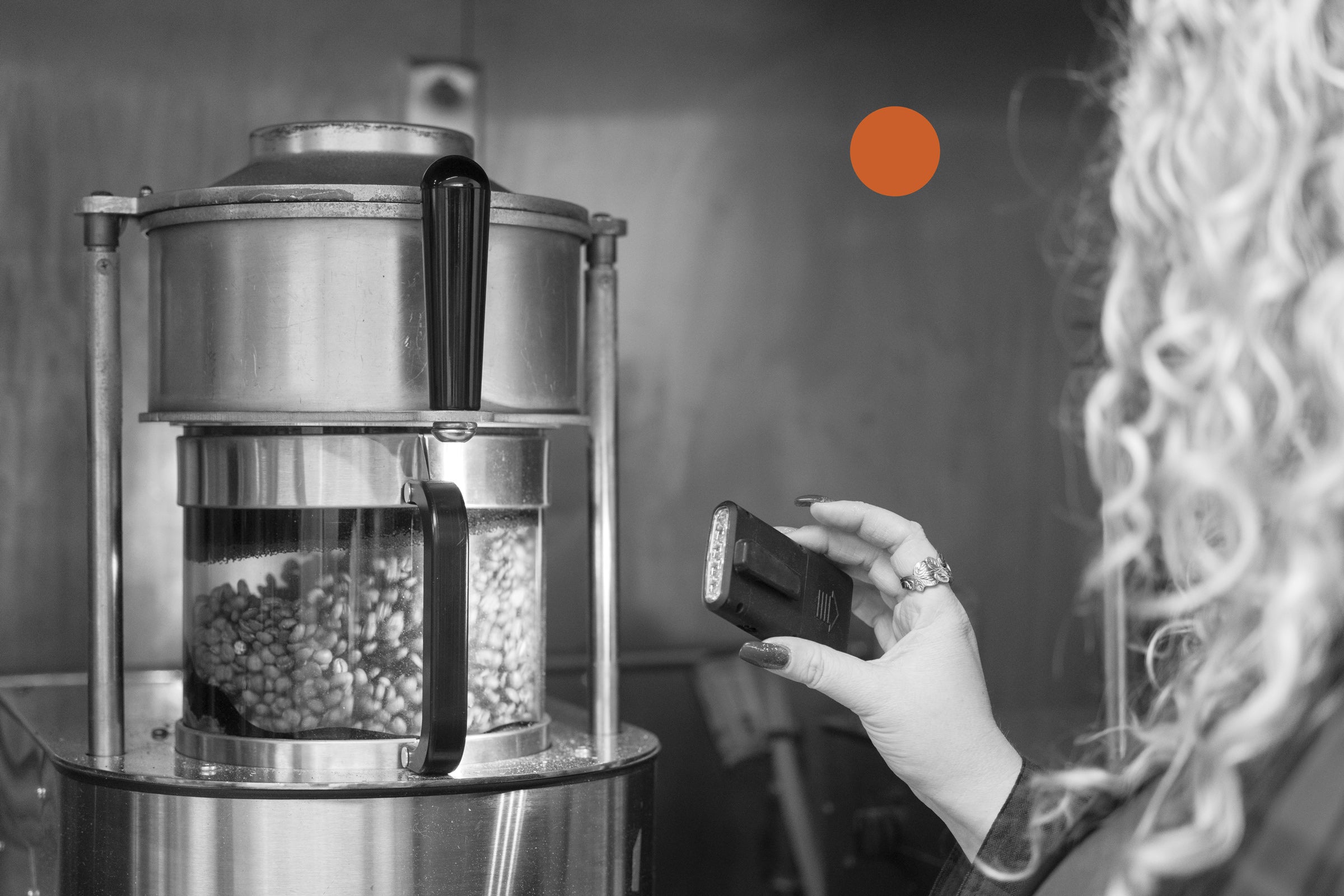Democratic Republic of Congo Coffee History and Geography
As you would expect with an African coffee, the low production of coffee in the DR of Congo has nothing to do with the environment. It is a perfect coffee-growing region. That explains why there is so much invested in coffee as a growth area for the country. But this country has not been without turmoil over the last 30 years. Around the turn of the century, DRC was involved in civil wars that have been reported to claim millions of lives. The repercussions of this are much further reaching than you could even fear. Much of the country was hampered by malnutrition and disease. Although coffee has the potential to turn things around by bringing in a large growing export business, the infrastructure just wasn't there to capitalize on it.
Combine the civil wars with the Kivu conflict and you've stacked the deck against coffee. You see, the Kivu region is the prime coffee real estate, and much of the early 2000s it was caught in a war with Rwanda. In fact, this is still ongoing. This war is so crazy it includes the smuggling of coffee out of Congo into Rwanda & Uganda and then sold as their own. So there is a chance that you've had DRC coffee and thought it was Rwandan...crazy!
In 2012, the DRC government launched a program to recover the coffee trade in the South Kiva area. This is the exact place our DRC coffee was produced. They build a program and the US invested over $100 million in aid to help that growth. This program has helped start many farms and has given the area the infrastructure needed to produce the coffee that we're selling today.
In more recent history, DRC has produced 80% Robusta beans. This is not a good thing, because those beans, although easy to grow, produce pretty terrible coffee. When you're looking for a coffee from Congo, be on the lookout for this distinction. It may look like a good deal, but Robusta beans will not be worth it. Keep an eye on the varietal that I'll talk about below.
As I was trying to put together this brief overview of Congo, I went down a rabbit trail of research that was quite interesting, but not really pertinent to coffee. So the takeaways are twofold. 1) Congo coffee gets to the US amidst many battles and there is no way Jenna would let me go to origin on this one, so we'll trust our African importers to ensure these coffees are consciously sourced.

DR of Congo Coffee Flavor Profile
DRC coffee is a great merger of coffee flavors between your typical African coffee and a smooth Latin American. I think that's because much of their crops include a common Latin American Varietal of the Arabica plant, Bourbon. The soil provides a nice complexity of cup, but the varietal gets you that creamy and nutty flavor profile. With coffee production finding a resurgence and good coffee being a very new thing in DRC, I have great hopes that this coffee country will have amazing offerings for years to come.
Quick Facts
Growing Altitude:
1,400 - 2000m (above sea level)
Harvesting Season:
April-July
Temperature:
66-85 ℉
Small Scale Farmers:
11,000
Coffee Varietals:
Pacamara, Pacas, Bourbon, Catimor, Sarchimor
